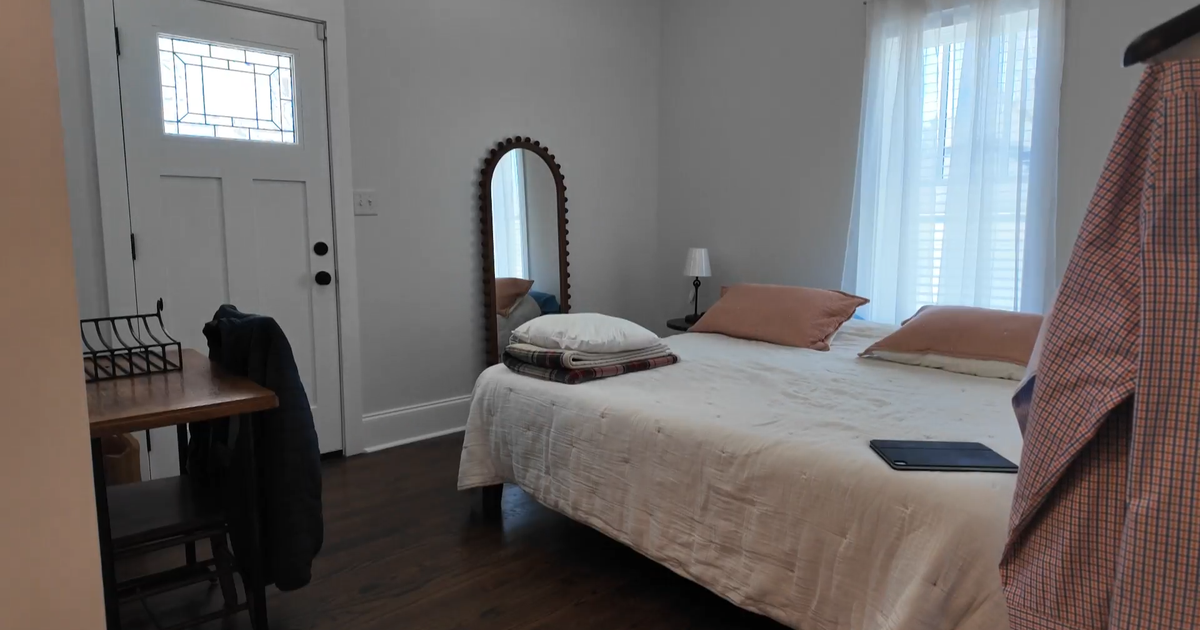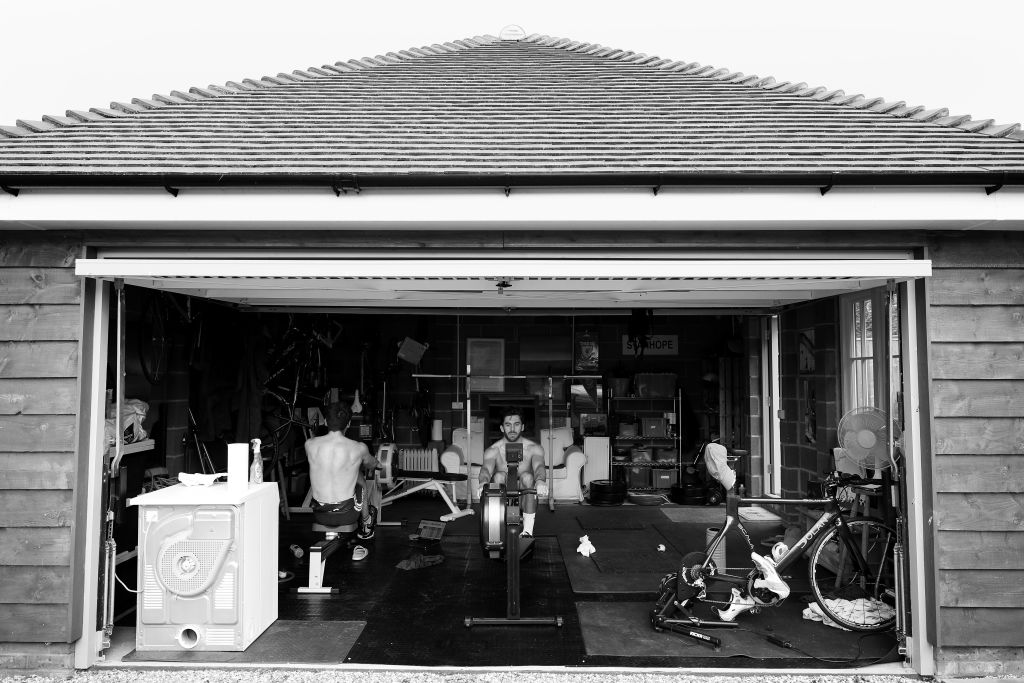Urban Outfitters launches clothing rental service for $88 a month
- Popular retail chain Urban Outfitters Inc. is wading into the clothing rental market
- It will soon launch a service called Nuuly, charging $88 per month for six pieces of clothing
- Nuuly will compete with services like Rent the Runway and offer clothing from Urban Outfitters and other brands, including Levi's
Philadelphia-based clothing retailer Urban Outfitters Inc., whose family of brands sells trendy apparel that is particularly popular among college students and other young people, is making its foray into the clothing rental business with a service called Nuuly, expected to launch this summer.
The retail chain, created by college friends Dick Hayne, Scott Belair and Judy Wicks as part of a school project, launched in 1970 as a used clothing and furniture store catering to University of Pennsylvania students. It now has 245 stores, including dozens in Europe and Canada.
Its latest experiment in reuse is, in a sense, a return to the company's roots as a sustainable purveyor of clothing and home goods as the company, which also owns Anthropologie and Free People, explores new revenue paths.
Chief digital officer David Hayne, the son of one of the founders, will run the new service, which he expects will attract 50,000 subscribers and earn more than $50 million in revenue in its first year in business, the Wall Street Journal reported.
Shoppers can rent up to six items at a time for $88 per month from Urban Outfitters, Anthropologie and Free People. Other offerings include clothing from Levis, Reebok and Fila. Customers can choose pieces from more than 100 third-party brands, including clothing and accessories that aren't for sale at any of the stores under the Urban Outfitters corporate umbrella.
The service will allow customers to infuse "freshness and variety into their wardrobes," the company said in a press release. Shoppers who fall in love with rental items have the option to purchase them. It's meant to diversify the company's revenue streams, not replace sales.
"We certainly don't think the customers are just going to stop purchasing," Hayne told the Wall Street Journal. "Purchases make sense for things you know you're going to use often; rental makes sense for things you would like to try,"
Social media platforms like Instagram are helping drive the market for rented clothing -- which makes sense for influencers who plan to wear an outfit just once, for a post, before burying it in the back of their closets.
Rent the Runway, which was founded in 2009, is a pioneer in the clothing rental market, which is expected to be valued at $2.5 billion by 2023, according to GlobalData. It rents high-end clothing and accessories from well-known designers including Diane Von Furstenberg, Proenza Schouler and Rag & Bone, and earlier this year said it was valued at $1 billion. Memberships start at $89 per month and an unlimited plan, which costs $159 per month, allows fashionistas to select four or more styles from more than 600 designers and make unlimited clothing swaps at their own will. New items are delivered within two days.
Millennials in particular prize both variety and environmental sustainability and services like RTR and Nuuly, in theory, deliver both.
Urban Outfitters, in its announcement, acknowledged the rise of the sharing economy and increased interest in subscription services -- a shift that's "driven by the young generation's hunger for newness while embracing sustainability," according to a Business of Fashion report on the state of the industry.
Indeed the apparel and footwear industries combined account for more than 8% of global climate impact, greater than all international airline flights and maritime shipping trips combined.
"We have 25 million pounds of clothing thrown out in the U.S. per year, and most of it has not reached its usable life. So these companies are capitalizing on that," Elizabeth L. Cline, author of "The Conscious Closet: The Revolutionary Guide to Looking Good While Doing Good," told CBS MoneyWatch last month.
"Viewing fashion as a service -- as something we access instead of own -- is going to be a really important part of solving the environmental crisis that is fashion," she said. "Think about a generation of people expecting to be able to turn their closets over and follow fashion trends. Renting lets people kind of have it both ways."



